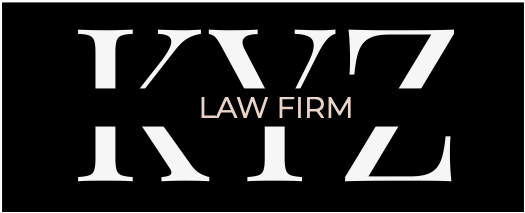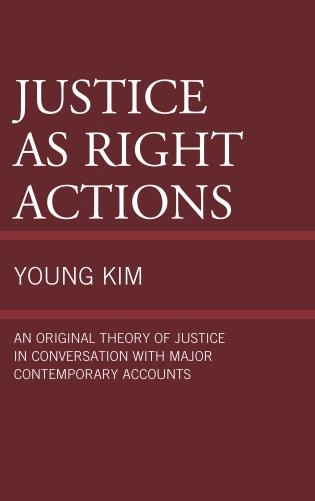Presenting a relational account of justice, rather than a distributive account – the latter, so much more prevalent in current studies – communications are seen as the key to the theory, both in the substantive sense as a discursive method of resolving disputes, as well as instrumentally, in the transmission of concepts, especially values through time.
Rule-oriented in approach, justice as right actions attempts to be value-neutral, acknowledging, however, an underlying thin theory of the good, including concepts of rationality, autonomous moral agency, equal concern and respect for others, as well as plurality of values. Its political context is liberalism, with components of negative liberty and equality of concern and respect, while underscoring as well, the concepts of tolerance and social diversity.
In this study, the original theory of Justice as Right Actions is also contrasted with and situated among contemporary accounts of justice, including the most important theoretical works on the topic in the past half-century. Thus, the study also serves as a valuable review and critique of such major contemporary accounts of justice.


